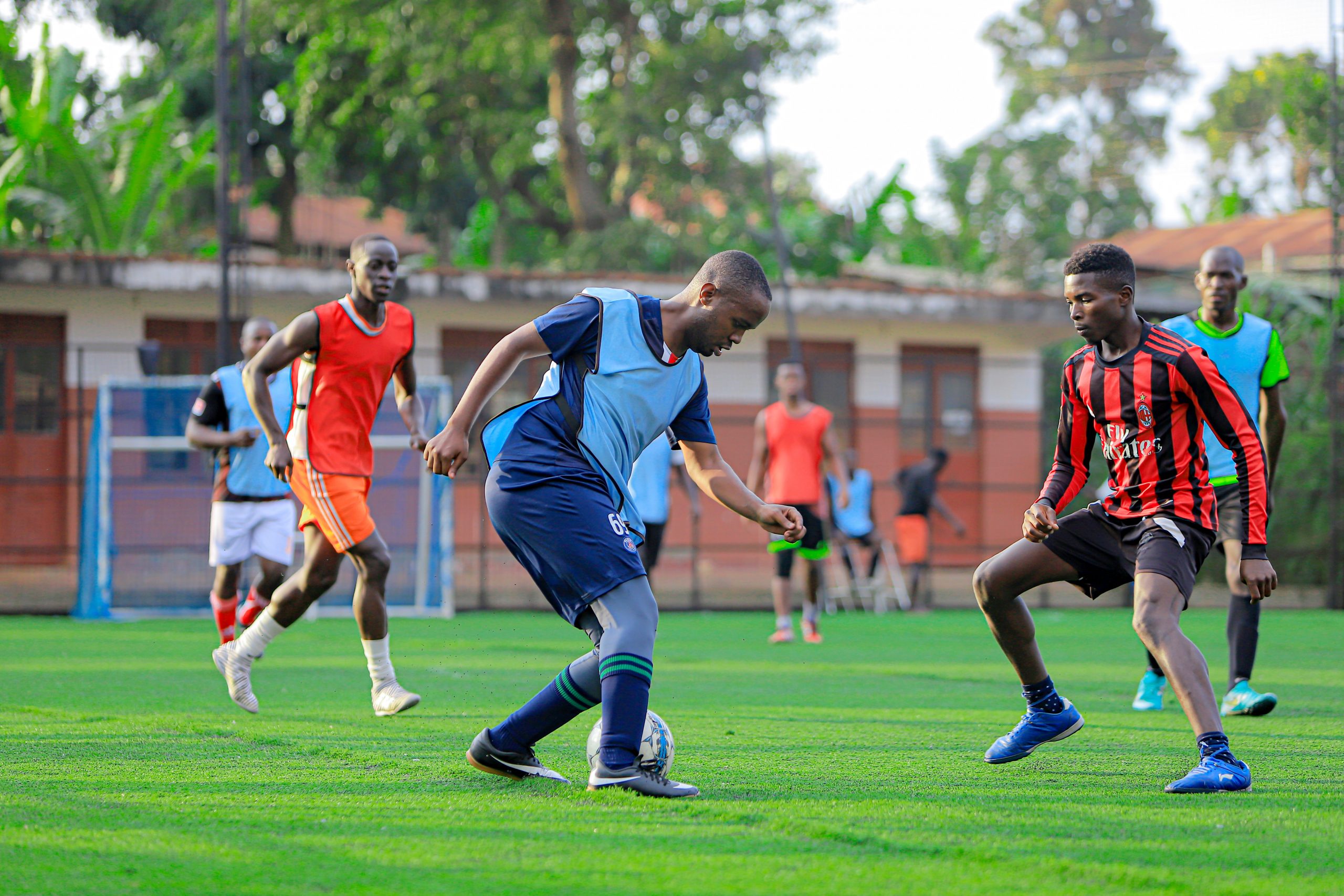How Big is The South African Sports Betting Market?

It’s difficult to identify a country where sports betting isn’t prevalent. Sports enthusiasts all across the world increase the enjoyment of watching a game or match by testing their instincts against the odds of bookmakers — and as our world gets more and more tech-centric, sports betting is following suit.
Every market operator is concerned about regulations. When it comes to the law, internet sportsbooks have a significant advantage over online casinos: more nations restrict online casino gambling but allow sports betting than the other way around.
A well-run online sportsbook can be a healthy source of revenue with the right products, marketing strategies, and (perhaps most importantly) odds.
African emerging markets are grabbing the attention of industry operators and investors. However, the Republic of South Africa has long been recognized as a renowned, booming market, one that might give operators a firm foundation to build on as they expand across the continent into bet-loving countries like Nigeria and Kenya. While practically all kinds of gambling were prohibited in the nation a few decades ago, it now boasts a thriving gambling industry, fueled in large part by a well-established land-based casino sector and a sizable and rapidly rising sports betting component.
Here are some of the most important things you should know about the South African betting market.
The SA betting market by the numbers
South Africa boasts the third-highest GDP on the continent, after only Egypt and neighboring sports betting hotspot Nigeria. It’s no surprise, given the country’s popular love of sports, that it’s also Africa’s largest gambling market, with the South African national GGR forecast to surpass $2.3 billion by 2023.
While the land-based casino gambling industry has been shrinking, South African gamblers are either increasing in number or discovering new sources of disposable cash. In 2009-2010, betting on sports and racing produced 9.9% of the national GGR. In 10 years, that percentage has risen to 26.8%. This is good news as this means big revenue for the top 10 betting sites in South Africa, or maybe even for smaller names in the industry.
What is legal, and what is not?
Of course, South African sports bettors, like punters all over the world, like betting on both domestic and international (especially European) football. However, rugby is a popular sport among South African sports bettors, particularly the Springboks, the country’s national rugby team. Horse racing has a lengthy history in the country since it was the only form of betting accessible for a long period. South African sportsmen are also very competitive on an international level in cricket and golf, both of which are popular betting sports in the country.
Online slots and other casino games, on the other hand, are outlawed in South Africa. In recent years, there has been a drive to legalize online casino games, but the legislation has become mired down in legislative procedures. This position may change in the future, but for the time being, sports betting is the country’s only legal form of internet gambling.
During the pandemic, black market operators in neighboring Swaziland saw a significant increase in income as customers shifted to internet gambling platforms while land-based casinos were closed.
Having said that, online sports betting has shown to be a highly versatile and agile sector. Alternative betting products such as virtual sports and esports have provided bettors with year-round, 24-hour betting opportunities. While genuine sporting events were canceled or postponed throughout the world due to the coronavirus epidemic, virtual sports operators noticed a surge in activity as action-starved bettors switched to gambling on their simulations of sporting events.












